
The University of Maryland Center for Machine Learning is a multidisciplinary center that uses powerful computing tools to address challenges in big data, computer vision, health care, financial transactions and more.
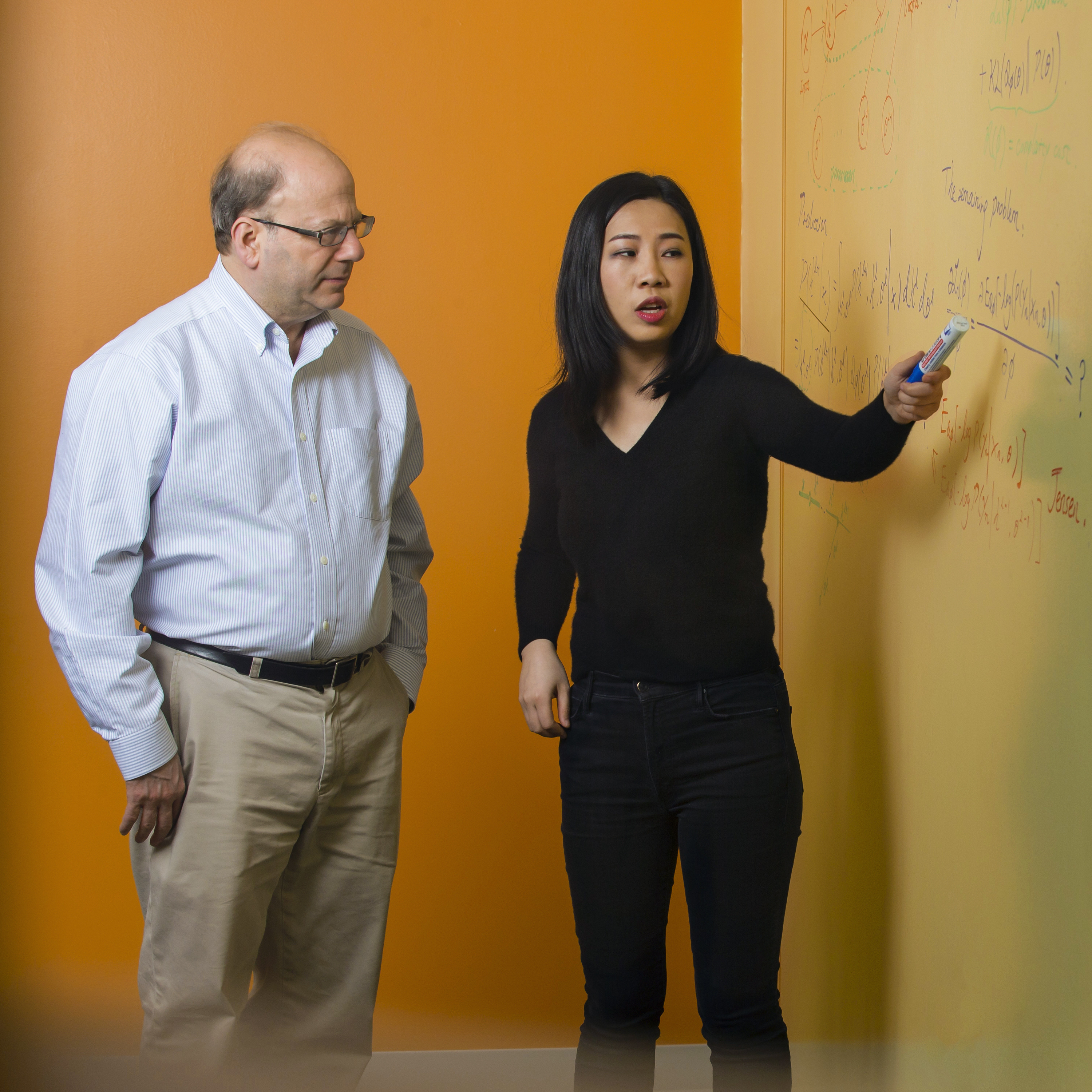
The center, part of the University of Maryland Institute for Advanced Computer Studies, incentivizes faculty, students and visiting scholars to collaborate on the latest technologies and theoretical applications based in machine learning.
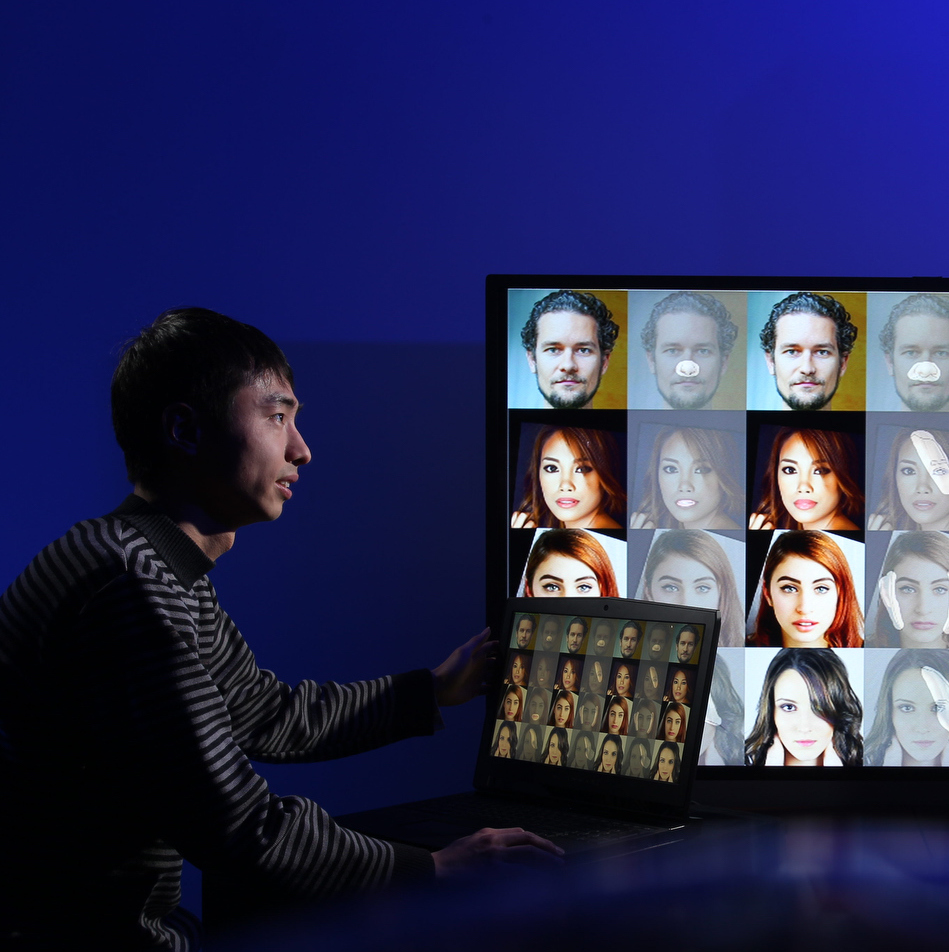
Research underway includes developing software to quickly identify machine generated content; advancing reliable and trustworthy AI for social good; and improving the robustness of dynamic AI systems, allowing for efficient operation in unexpected or changing environments.

Funding for the center comes from UMD’s College of Computer, Mathematical, and Natural Sciences (CMNS) and UMIACS, with additional support provided by financial and technology leader Capital One.
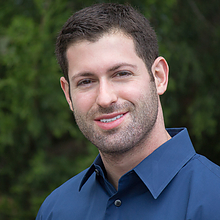
His research focuses on large-scale optimization and distributed algorithms for big data. Goldstein’s work has applications in machine learning and image processing, especially for MRI and CT.
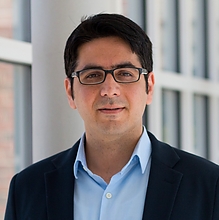
His research focuses on understanding various theoretical and practical aspects of machine learning and statistical inference problems.

His research focuses on human and computer vision, especially in the areas of object recognition and perceptual organization.
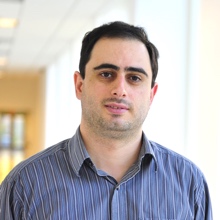
His research focuses on designing algorithmic frameworks for complex network systems, in areas like game theory, graph theory, social networks and more.

Her research focuses on machine learning, high-dimensional statistics and distributed algorithms—both the theoretical analysis and practical implementation of parallel spectral methods for latent variable graphical models.
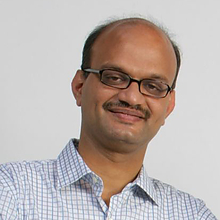
His research focuses on randomized algorithms, networking, social networks, combinatorial optimization, and their growing confluence in society, like in social media and public health.
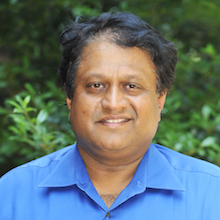
His research focuses broadly on scientific computing, spatial audio, and machine learning and computer vision.

Her research is devoted to the development of numerical methods for solving mathematical problems arising in natural sciences including geophysics, chemical physics and biology.
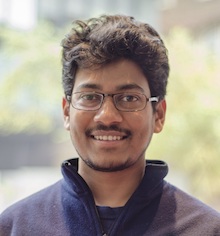
His main research is robotics, with a focus on algorithms that enable aerial, ground and marine robots to actively sense and gather data in environments.

His research focuses on artificial intelligence—particularly as it relates to computer vision, machine learning, and robotics.
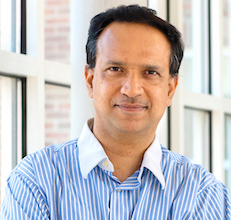
His research focuses on geometric and simulation algorithms with applications to computer graphics, robotics and virtual environments.
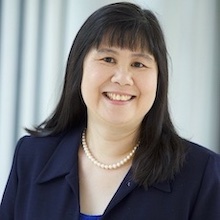
Her research involves applications in virtual reality, computer graphics and robotics that are focused on multimodal interaction, physically based animations and simulations.
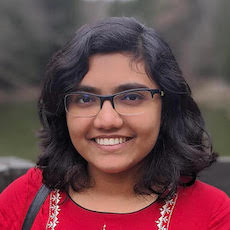
Her research revolves around reliable and trustworthy machine learning, focused on addressing the challenges concerning fairness, explainability and reliability.
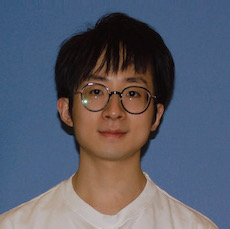
His research interests lie broadly in control and decision theory, game theory, robotics, reinforcement/machine learning, computation, and their intersections.
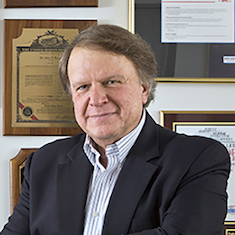
His current research explores fast internet over hetrogenous networks, integrated management of hybrid communication networks, modeling and performace evaluation of large broadband hybrid networks, scaleable multicast security and more.
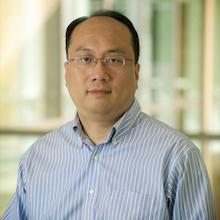
His research touches on many aspects of computer science, including machine learning, AI, data mining, biomedical data science, computational neuroscience, and smart health care.
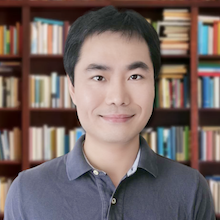
His research covers a broad range of topics bridging machine learning and scientific computing to create intelligent computing.
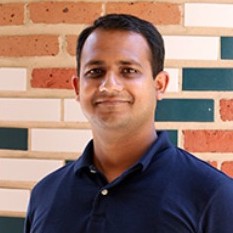
His research covers a broad range of topics bridging machine learning and scientific computing to create intelligent computing.
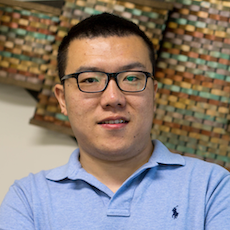
His research intersects at machine learning and edge computing, with a focus on building large-scale networked and trustworthy intelligent systems.
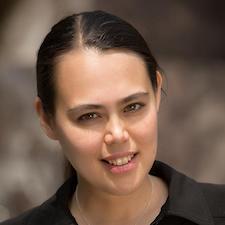
Her research focuses on applications of network science to biological, social, and technological systems.

His research focuses on artificial general intelligence, with an emphasis on robust and efficient intelligent systems and foundation models for real-world environments, enabling applications such as AI assistants, autonomous agents, embodied AI, and robotics.